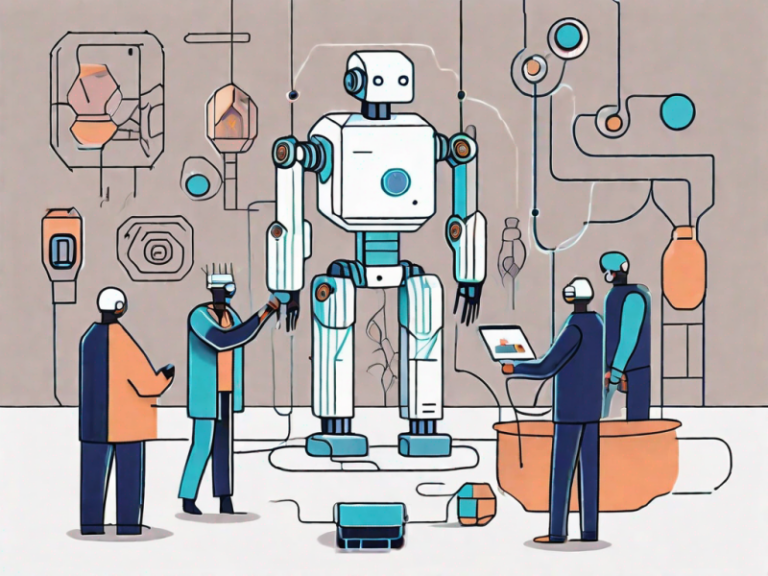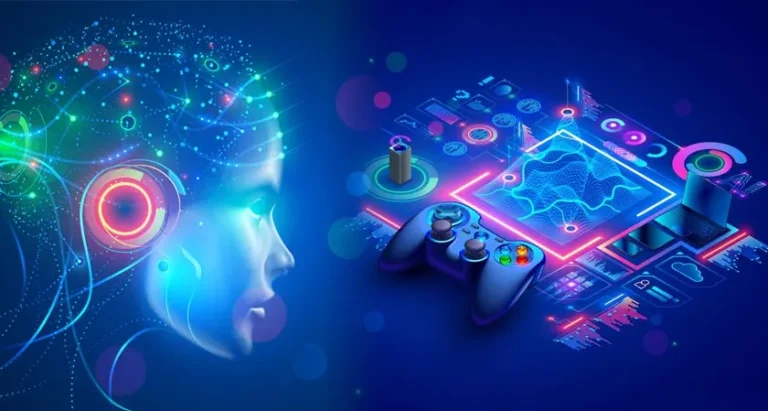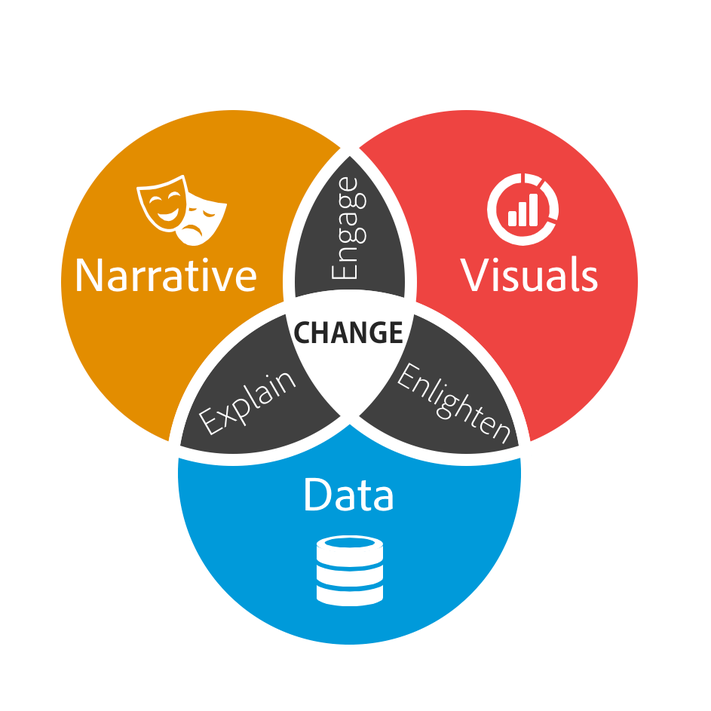In the world of gaming, delivering a personalized and engaging experience for players is paramount. With the rise of artificial intelligence (AI), developers are now able to leverage advanced algorithms to tailor gameplay experiences to the individual preferences and abilities of each player. In this article, we’ll explore how AI is enhancing the player experience by providing personalized gameplay and adaptive difficulty, ultimately leading to more immersive and satisfying gaming experiences.

Read also about: AI-driven Procedural Content Creation: Revolutionizing Art and Asset Generation.
Personalized Gameplay Experiences
One of the key ways AI is enhancing the player experience is by providing personalized gameplay experiences. AI algorithms analyze player data, such as playstyle, preferences, and past behavior, to dynamically adjust various aspects of the game, including level design, enemy behavior, and narrative choices. By tailoring the gameplay experience to the individual player, developers can create more immersive and engaging experiences that resonate with players on a deeper level.
Adaptive Difficulty Systems
AI-powered adaptive difficulty systems are another key feature enhancing the player experience. These systems analyze player performance in real-time and adjust the difficulty of the game accordingly. For example, if a player is struggling with a particular section of the game, the AI may reduce the difficulty level to help them progress. Conversely, if a player is finding the game too easy, the AI may increase the difficulty to provide a greater challenge. By dynamically adjusting difficulty levels, developers can ensure that players are always appropriately challenged, leading to a more rewarding gaming experience.

Customizable Gameplay Options
AI can also enhance the player experience by providing customizable gameplay options. Players may have the ability to adjust various gameplay parameters, such as difficulty level, control schemes, or in-game assistance features, to suit their preferences and abilities. By giving players more control over their gaming experience, developers can create a more inclusive and accessible environment that accommodates a wide range of player skill levels and preferences.
Real-time Feedback and Assistance
AI-powered real-time feedback and assistance systems can provide players with personalized guidance and support as they play. For example, AI algorithms can analyze player behavior and offer suggestions or tips to help players improve their performance or overcome challenges. By providing timely feedback and assistance, developers can help players stay engaged and motivated, ultimately leading to a more satisfying gaming experience.

Conclusion
AI is revolutionizing the player experience by providing personalized gameplay experiences, adaptive difficulty systems, customizable gameplay options, and real-time feedback and assistance. By leveraging AI technology, developers can create more immersive, engaging, and inclusive gaming experiences that cater to the individual preferences and abilities of each player. As AI continues to evolve, we can expect to see even more innovative applications that further enhance the player experience in the future of gaming.













